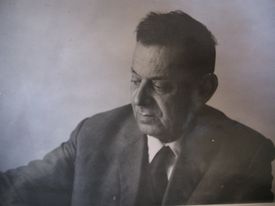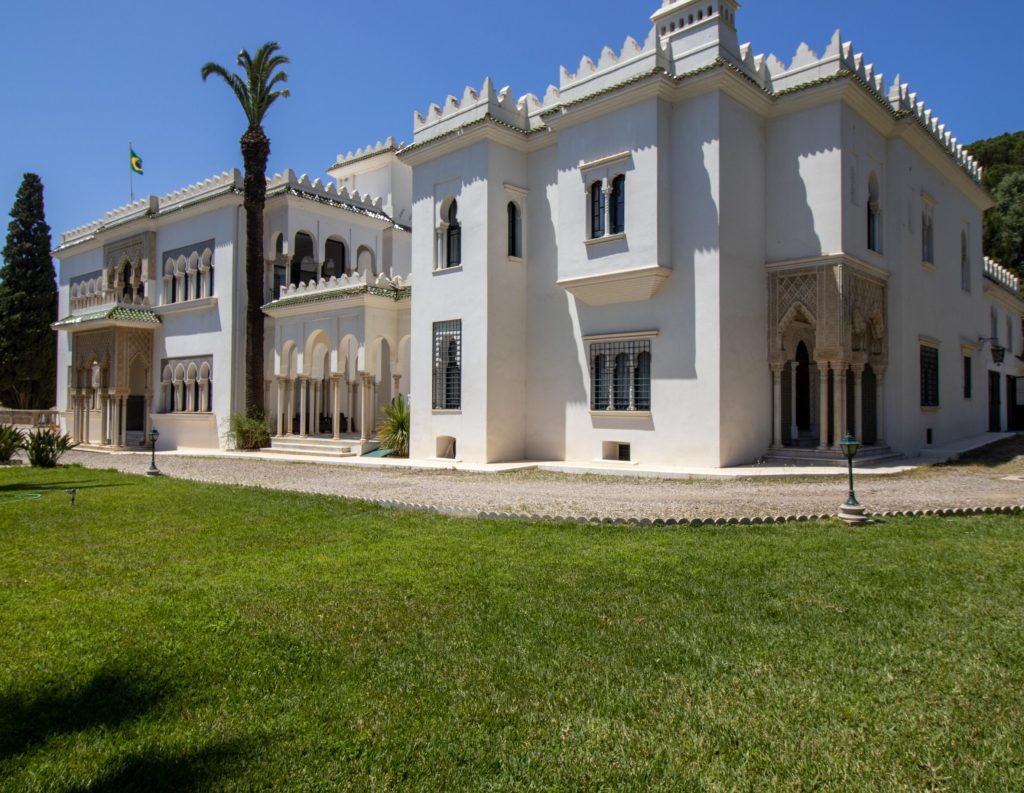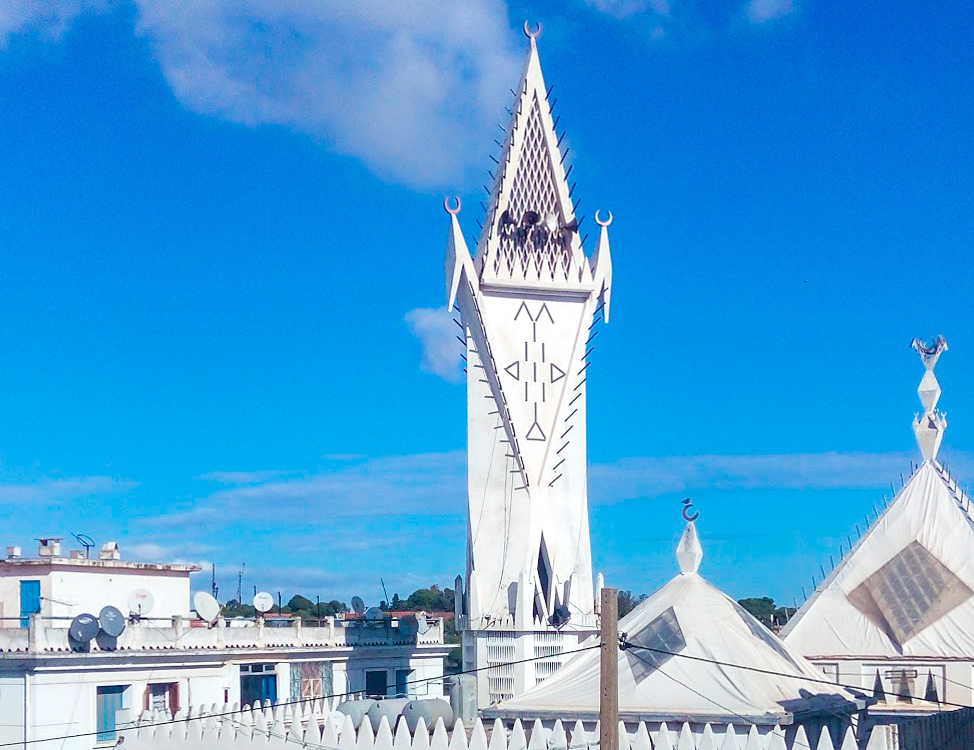Abderrahmane Bouchama is an Algerian architect born in 1910 in Algiers, where he died in 1985 at the age of 75. He is considered the father of modern architecture in Algeria.
He did higher education in France before the Second World War: he studied mathematics at the Polytechnic Institute of Nantes, where he became an engineer, then at the National School of Fine Arts in Paris. On his return to Algeria, he settled in 1934 in Tlemcen, where he studied the Madrasa Dar El Hadith (1936-1937). Then he moved to Algiers, his hometown, where he created the Residence Tiar, which is currently the Brazilian Embassy at the former Chemin Poirson. Kept away by the colonial administration, he joined the Algerian Communist Party of which he was an influential member, close to Henri Alleg with whom he set up a school for party officials in his own architectural firm. After the independence of Algeria, in 1963 he opened an agency where his son Elias joined him. He is the founder and the first president of the Union of Algerian Architects. He "signed" the National Archives (Birkhadem), the Supreme Court and the former cultural center of El-Biar in Algiers - on the border with the municipality of Ben Aknoun - (building which has become the new seat of the council of Algerian State), the seat of the Ministry of Tourism as well as the Islamic Institutes of Constantine (Algeria) (1969), Tlemcen (1970), and Algiers located in the Caroubier district (1972). The El Oumma Mosque. He also designed many mosques, including those of El Biar (Place Kennedy), Hydra5 and the El Oumma Mosque in Bologhine. We also see the signature of Abderrahmane Bouchama as a synthesis between tradition and modernity. The Dar El Hadith medersa in Tlemcen had served as a model for him
Source: Wikipedia



